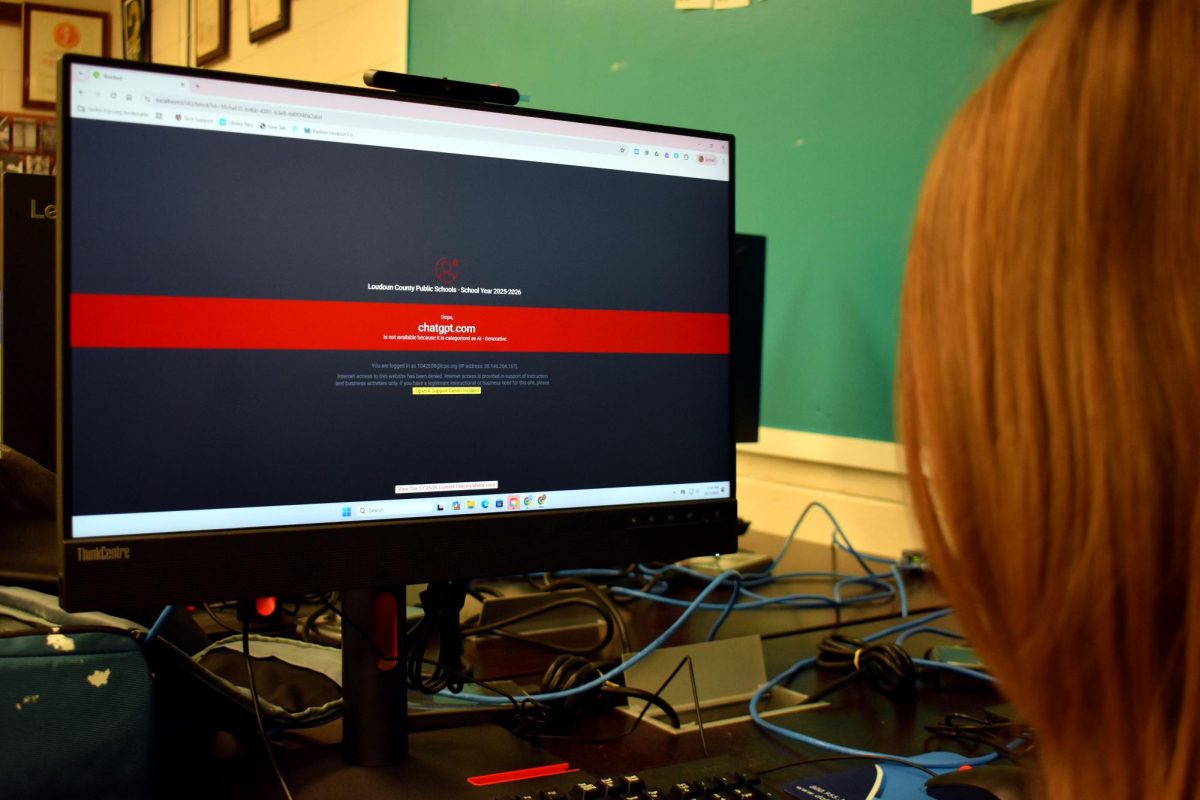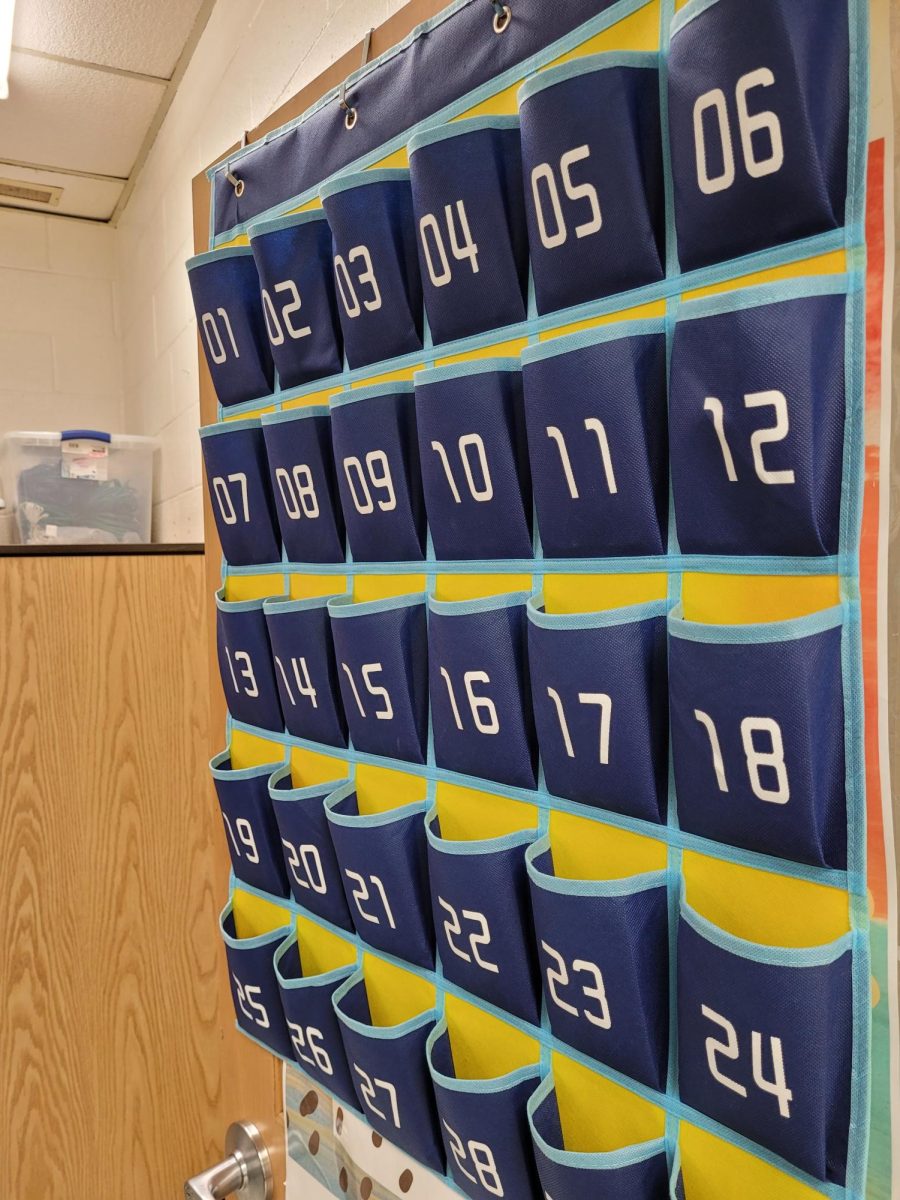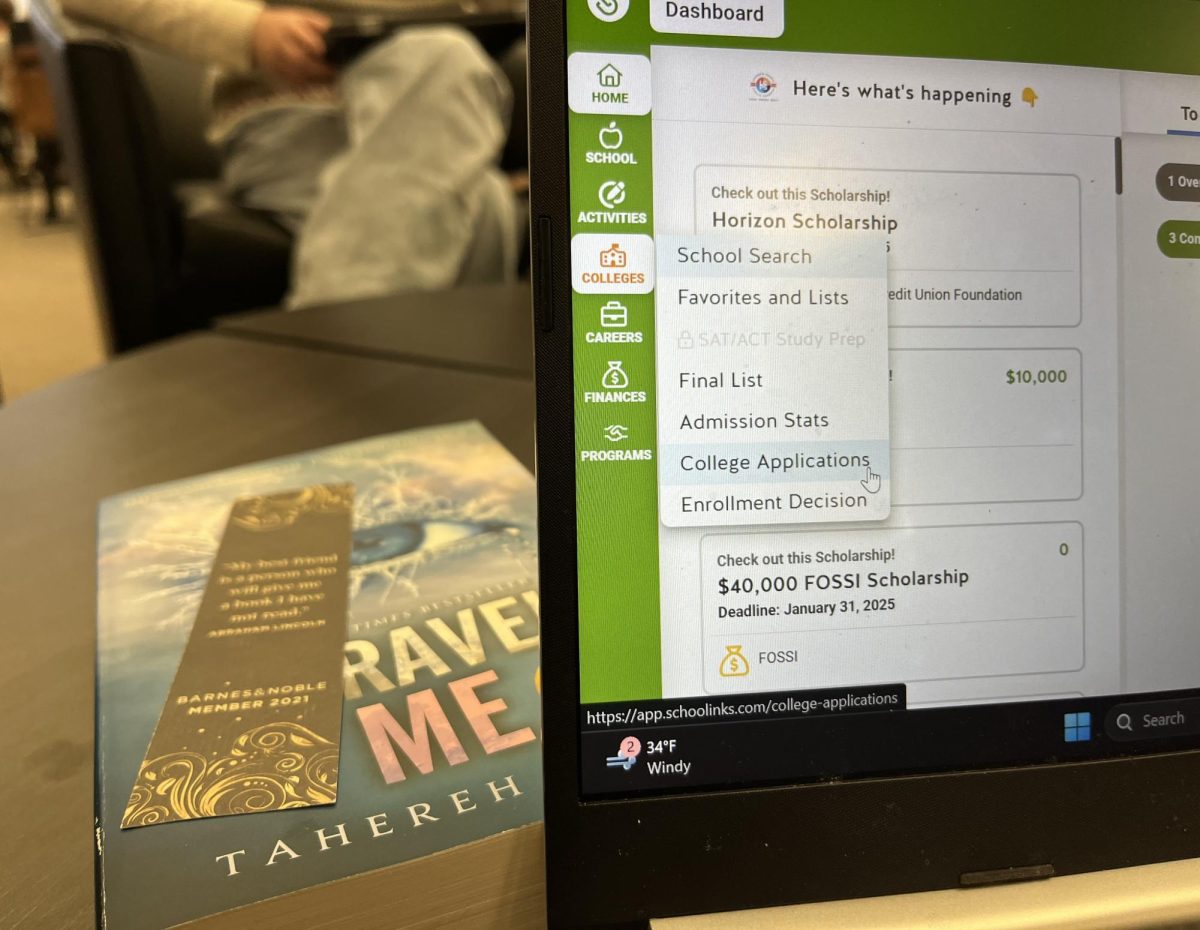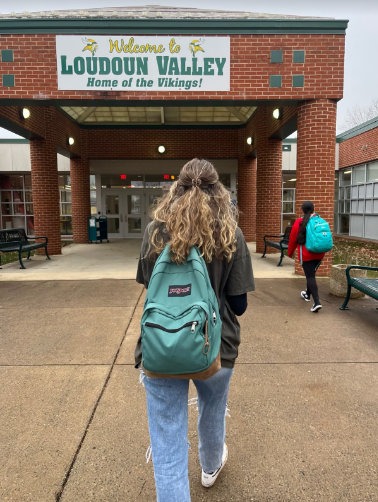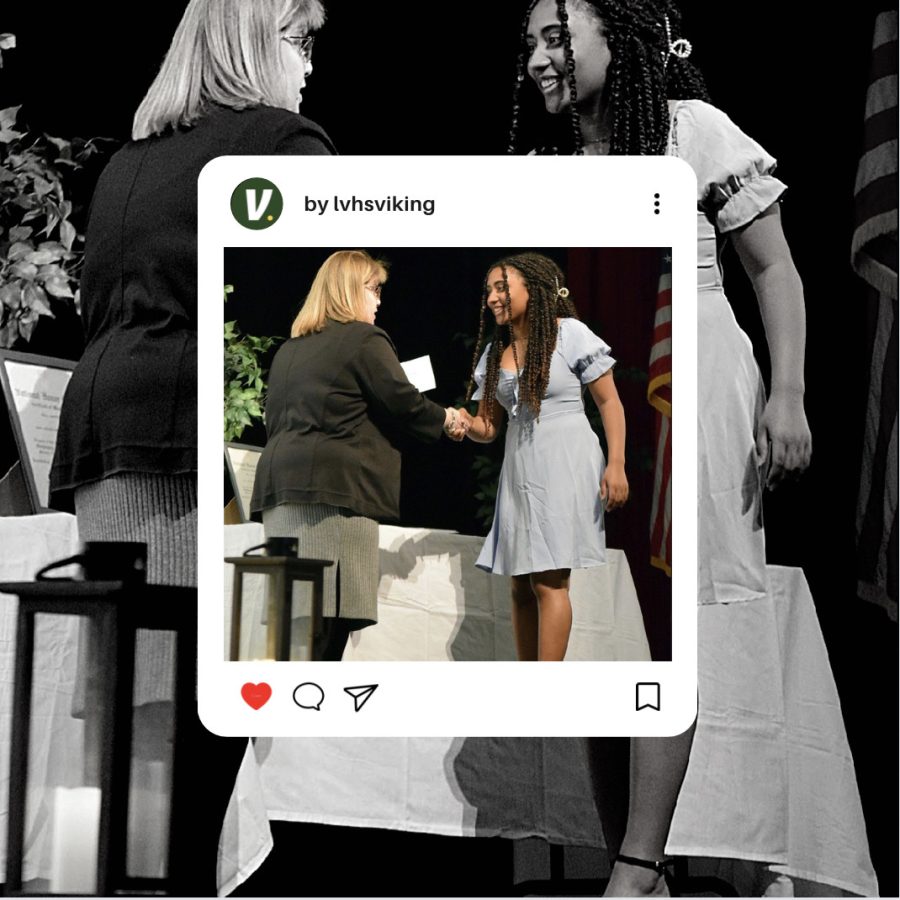Over the past decade, our government has become increasingly divided, partisanship began to run strong, particularly in Congress. Day-to-day life for not only government officials and policymakers, but all Americans, including high school students, have become politicized down to everything you say, everything you wear, every step you take. And that’s intimidating.
A fear of “cancel culture” dissuades students from voicing their opinions, in fear of being attacked for having different perspectives from their peers or “politically incorrect” takes. Having such a wide variety of different perspectives is what makes our area of Loudoun County such an interesting place to live in. That should be refreshing, but in reality, it’s not. It’s hostile.
As an area that is essentially split down the middle politically, including among students and teachers, we have a full spectrum of ideals, but don’t have the confidence to share them among each other, particularly when conversing with those who have differing opinions.
This has effectively caused political cliques among modern high school students. You’ll almost always see that birds of a feather (in this case birds with the same political views) flock together in the public school environment. And we certainly understand wanting to talk to people who align with your views – it’s refreshing to feel heard and agreed with, but simply agreeing with hand-picked peers doesn’t challenge our views and make substantial contributions towards bettering the political environment.
These cliques only deepen the divide between members of different parties or ideals, and makes polarization even more extreme. It is important to have healthy conversations with those who view politics differently than you.
We know, that’s easier said than done. Having conversations with opposing viewpoints can often descend into hostility within seconds of disagreement. This is the mindset we must break out of. The stigmatization of disagreeing with others and that being okay prevents these important conversations from happening.
When someone voices a different opinion, in today’s world, we take it as a personal attack, immediately descending into defense mode. This is what prevents us from having those healthy, challenging discussions.
And we’re not taking away the fact that sometimes these discussions can be legitimately hostile and even dangerous – sometimes the safest thing to do when you feel things start to escalate is to remove yourself from the situation. But fear of this hostility is what makes it so prominent in the first place. So, take a deep breath and have that difficult conversation.
Additionally, we must challenge our initial assumptions that just because someone has a different opinion, we can’t be friends with them, or they’re a bad person or “weren’t raised right.” We know that sometimes differing opinions can be so extreme that they create a moral dilemma for the people on either side of the disagreement.
But morals are different from political opinions. Just because some people prefer a different avenue towards achieving similar goals, doesn’t mean their views are wrong. You may even want the same thing, but trick yourselves into thinking that opposing parties could never strive for the same goal.
We all want to lower inflation, lower gas prices, cheaper groceries, a better economy. Think about what unites us. Think about what we all strive for and have conversations about the best avenue to achieve those goals.
And this doesn’t only apply to regular citizens, our representatives on local, state and national levels also need to take steps to have more productive conversations and debates, especially in today’s political realm where the two major parties have such extremely different agendas.
We know that it’s impossible for them to come to agreements that both parties will be happy with. These politicians sometimes just take the opposite side of the opposing party for the heck of it, pulling us farther and farther away from productive bipartisanship, particularly in the House and Senate.
Now, we acknowledge that this article isn’t going to precipitate an epiphany in the United States government, but we hope that you read this and step out of your comfort zone of conversing with those who align with your viewpoints. Maybe you already do, and that’s great. Keep doing it.
Every significant movement in American history has started small, often with students. So we implore you, take the small steps. Discuss a new law or policy with a member of an opposing party. Challenge another’s views. Accept challenges upon your own views. Work on removing the hostility in political discussion. Who knows how far the ripple effect will reach?
United States Congress, we’re talking about you.


